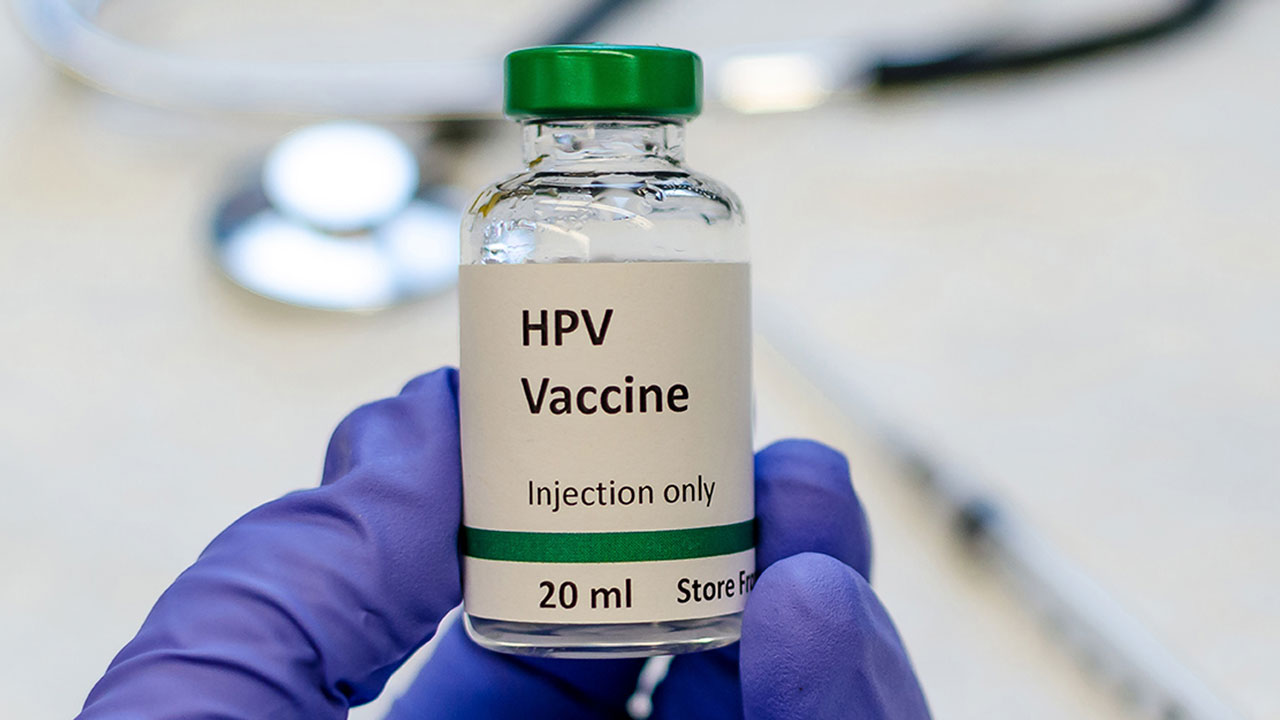HPV stands for Human Papilloma Virus. This virus gets sexually transmitted. The vaccine that provides protection against this virus is called the HPV vaccine. HPV virus affects 50% of sexually active individuals at some point in their life. The body’s defense mechanism fights off the virus on its own but in case the virus persists, it may cause severe complications like cervical cancer, anal cancer, genital warts.
HPV – Risk factors
A person who is engaged in sexual skin-to-skin contact is at risk for HPV. However, some other factors increase the risk, they are
1. Having multiple sexual partners
2. Having unprotected vaginal, oral, or anal sex
3. Having a weak immune system
4. Having a sexual partner that has HPV
Side effects of HPV vaccine
This vaccine is a preventive vaccine, they prevent the disease caused by high-risk strains of HPV. But they are not 100% effective against all types of the HPV virus. HPV vaccines show minor side effects
1. Pain, redness, swelling at the injection site
2. Nausea vomiting
3. Muscle and joint pain
4. Fever, headache, tiredness, and weakness
In rare cases, severe allergic reactions (hives, swollen face) have been recorded.
When to take the vaccine shot
The vaccine is highly effective when it’s administered at a young age. The CDC recommends the vaccine for
1. Girls and boys ages 11-12, two doses with a gap of 9-12 months. They can start at the age of 9.
2. Older teens and young adults, up to age 26, who aren’t vaccinated. If they are taking after 15 years of age, they need to take 3 vaccine shots.
3. Adult men and women (27-45) who haven’t been vaccinated yet, can consult a doctor for the same.
The vaccine works best if given at the age of 11-12. Vaccine’s immune response seen in this group is very strong when compared with those people who have taken the vaccine after the teenage period.
Who should not take the HPV vaccine?
Don't take vaccine,
1. If you are pregnant
2. If you are not well, severely affected by some health condition.
3. If you have had a reaction to an earlier HPV or any other vaccine
Studies have shown that HPV vaccines are safe. This vaccine is not the cure for HPV diseases. The vaccine can only provide long-lasting protection.
HPV Diagnosis in women
Regular Pap tests in women help to identify abnormal cell growth. It can diagnose cervical cancer or any other HPV infection. Women aged 21-29 should have a Pap test every three years. Women of age 30-65 should have a Pap test every three years or screening for hrHPV (high-risk HPV) every five years.
HPV treatment
In most cases, if you have a strong immune system, it goes away on its own. Only in some cases, patients require treatment
Genital warts – Prescription drugs, burning with an electric current, freezing with liquid nitrogen.
Cancers that develop from HPV infection – Surgery, chemotherapy, or radiation therapy.
Regular screening for HPV infection is helpful in identifying the problem at its early stage. Diagnosing the disease in the early stage is very much useful in treating the disease in a more effective way as early diagnosis is the key to success.
Disclaimer: The content on this site is for informational purposes only, and should not be taken as professional medical advice. Always seek the guidance of your doctor or other health professionals for any questions you may have regarding your health or a medical condition.

 HPV is a sexually transmitted virus. This vaccine is not the cure for HPV diseases. The vaccine can only provide long-lasting protection against some. Most of the HPV infections go away on their own, only some require medical treatment. Know more about the risk factor, causes, symptoms, and treatment of HPV infection.
HPV is a sexually transmitted virus. This vaccine is not the cure for HPV diseases. The vaccine can only provide long-lasting protection against some. Most of the HPV infections go away on their own, only some require medical treatment. Know more about the risk factor, causes, symptoms, and treatment of HPV infection.


































